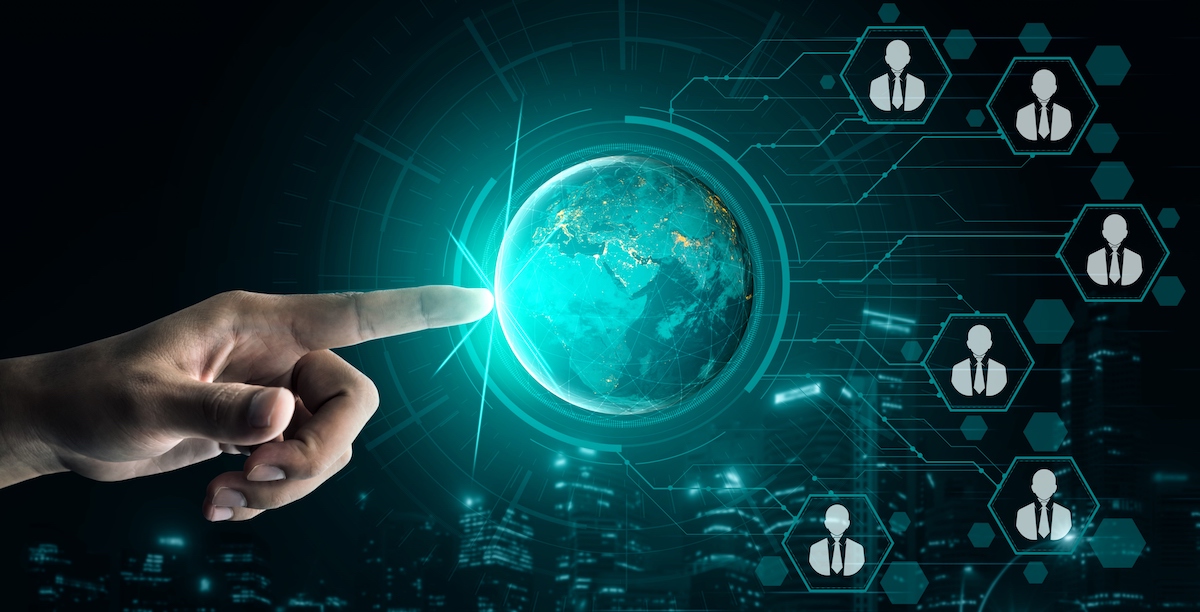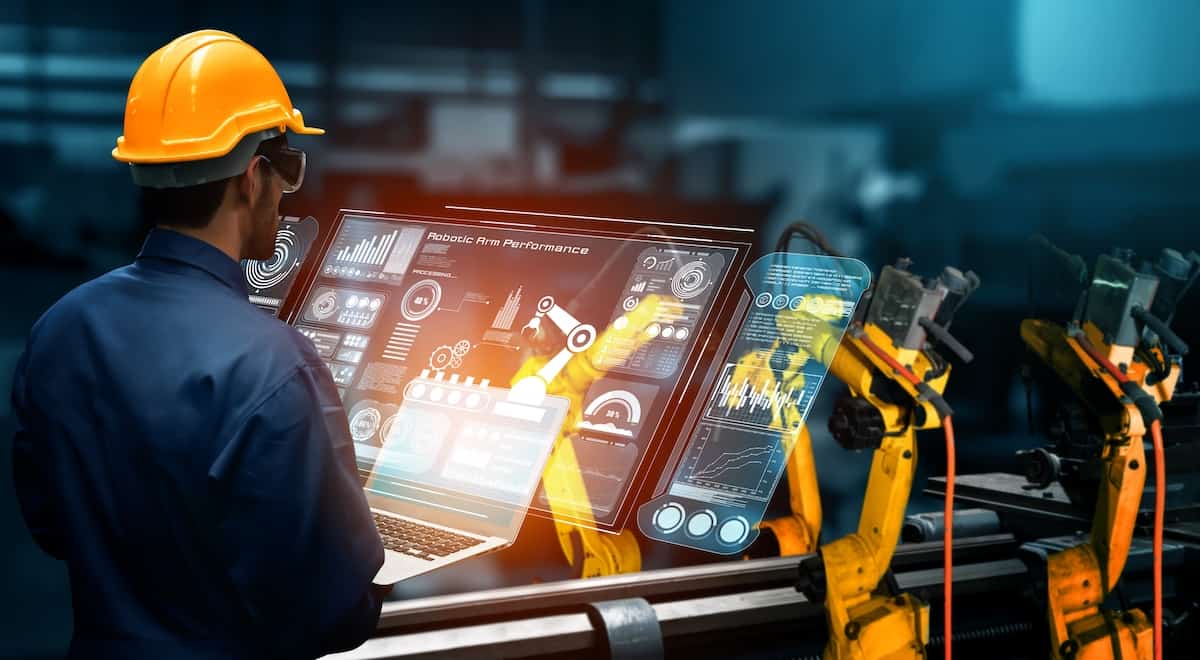The Digital Restoration of Our Lives
The Fourth Industrial Revolution is key to getting the global economy, and our lives, back on track
Preventive measures implemented by countries worldwide to halt the Coronavirus (COVID-19) outbreak in its tracks are forcing us to make fundamental changes to how we live, from work to play, business to education, policymaking to legislation. How long these measures will remain in place is hard to say, but it is widely feared that they could be here for quite some time and will likely have a permanent impact on our lives.
While we must take every sensible precaution, we cannot indefinitely pause all economic and social activities. One way or another, life must go on, which is why it is now critical to find innovative ways to circumvent this pandemic or any other potential disruption.
We often hear that the Fourth Industrial Revolution (4IR) is a force for disruption, posing a threat to the livelihood of people and the economic prosperity of society. However, current circumstances are portraying a very different picture, where 4IR technologies are presenting solutions to restore many parts of our daily lives, helping us overcome unprecedented challenges.
For example, technology and digital connectivity are allowing many people to work remotely and meet virtually, while education systems are offering children distance learning from the safety of their homes through webinars. Moreover, while we have been buying products on e-commerce platforms for many years now, this trend has recently been overtaken by online shopping for household essentials – which may very well become the norm in our post-pandemic world.
Not only does the 4IR allow us to get on with our lives, but big data is also enabling us to triangulate the spread of the coronavirus, providing vital information that helps governments and healthcare systems react effectively and rapidly to contain the outbreak. Furthermore, 3D printing is also being used to ramp up production of essential medical supplies at short notice and that might be difficult to source through traditional supply chains, such as surgical masks, ventilator components, and diagnostic kits.
There is no doubt that 4IR technologies enable business activities to continue while maintaining the discipline of social distancing. For example, blockchain technology enables us to securely sign contracts without the need of being physically present. Artificial Intelligence (AI) can be used to power the factory floor and allow remote decision making, while robots can ensure production remains ongoing without exposing the workforce to any risk of infection. By combining the Industrial Internet of Things (IIoT) with cloud computing, global manufacturers could also remotely access a virtual command and control center to monitor and operate multiple facilities from anywhere in the world. At the current pace of adoption of these transformative technologies, we may very well end up ride-hailing an autonomous vehicle in the very near future, and thereby avoid being within close proximity of others who are contagious.
Therefore, we must embrace a new digital DNA for our society that will probably need to be fuelled perpetually with creativity and innovation. After all, innovation has proven to be an effective tool that can solve pressing challenges, and it remains to be the driving force behind the advancement of humanity and the acceleration of global good. The Global Manufacturing and Industrialisation Summit (GMIS) and the Mohammed bin Rashid Initiative for Global Prosperity are two very specific, future-centric initiatives that are predicated on unleashing innovation to promote inclusive and sustainable industrial development globally. More about a few methods to increase tool life.
The Sustainable Development Goals of the United Nations call, amongst 16 other objectives, for the good health and well-being of all. The current global health crisis has lent further urgency to actions that require us to be united and resilient. The pandemic will undoubtedly shock the manufacturing sector in the near term, and even force the temporary or permanent closure of many factories. At some point though, this global health crisis will come to a formidable end. The disruption to supply chains will shift countries towards more domestic production and capacity building programmes for their local workforce. In the longer term, the crisis will spur more innovation to advance digital technology, leaving a legacy of fundamental change to the way many things are made, used or disposed of. This is a new era of digital restoration – one that will not only restore our social and economic networks but will also pivot us towards a digital world that is empowered, enabled, and expedited by 4IR technologies to restore global prosperity.
About GMIS
The Global Manufacturing and Industrialisation Summit (GMIS) was established in 2015 to build bridges between manufacturers, governments and NGOs, technologists, and investors in harnessing the Fourth Industrial Revolution’s (4IR) transformation of manufacturing to enable the regeneration of the global economy. A joint initiative by the United Arab Emirates and the United Nations Industrial Development Organization (UNIDO), GMIS is a global platform that presents stakeholders with an opportunity to shape the future of the manufacturing sector and contribute towards global good by advancing some of the United Nations Sustainable Development Goals.
The first two editions of the Global Manufacturing and Industrialisation Summit were held in Abu Dhabi, United Arab Emirates in March 2017, and Yekaterinburg, Russia in July 2019, respectively, with each edition welcoming over 3,000 high-level delegates from over 40 countries.
![]() This article was written by Badr Al-Olama, the Head of the Organising Committee of Global Manufacturing and Industrialisation Summit (GMIS). Badr Al-Olama heads the Aerospace Business Unit at Mubadala Investment Company which invests in high-tech manufacturing and integrated industrial services, including Strata Manufacturing PJSC (Strata), Turbine Services and Solutions (TS&S) and Sanad Aero Solutions (Sanad).
This article was written by Badr Al-Olama, the Head of the Organising Committee of Global Manufacturing and Industrialisation Summit (GMIS). Badr Al-Olama heads the Aerospace Business Unit at Mubadala Investment Company which invests in high-tech manufacturing and integrated industrial services, including Strata Manufacturing PJSC (Strata), Turbine Services and Solutions (TS&S) and Sanad Aero Solutions (Sanad).
Sorry, the comment form is closed at this time.




Pingback: The Digital Restoration of Our Lives – IoT – Internet of Things